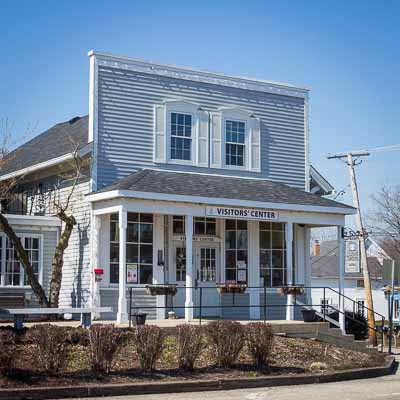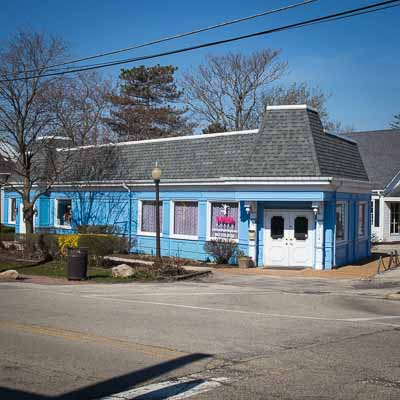John Altgeld was born in Germany in 1847, and came to America as a child with his parents. He was a lawyer by trade, became wealthy due to a series of real estate investments in the early 1890’s and then devoted the rest of his life to politics. One of hot issues of the 1890’s was a recent Republican administration law, know as “Edwards Law” law that mandated public education until age 12, and… the controversial part… that it be conducted in English. This had incensed Catholic and German communities that still had nonEnglish speaking schools. Such was the case in Long Grove, and the “German School” at the Long Grove Church. About 10% of Illinois voters in 1890 were German, and that was a big enough “block” that it could decide the election for Democrat Altgeld if he could get them to vote his way. To heighten sentiment, talk of a Republican plan for a prohibition against alcohol crept up. You can imagine that the prohibition talk was also not popular with the beer lovin’ Germans. Here’s a few quotes from editorials of the day:
If the Republicans remain in power, we Germans soon would have a prohibition law, in addition to the Edwards law, to enslave us.
Altgeld's campaign is a matter of life and death for the German-Americans. The Germans of all parties should unite in order to fight the nativistic prohibition-fanatics and bigoted Sunday-closers more effectively.
If a Frenchman wanted to teach his children how to be Catholic he should not be interfered with… these rights the republicans would take away from them.
Altgeld is barnstorming German communities, denouncing the Edwards law as an intolerable example of Republican paternalism, of a kind with prohibition and nativism.
You can imagine Altgeld’s campaign managers compiling lists of German schools and plotting a travel route for him to make campaign speeches. Long Grove, with it’s large German Luthern Church and School would surely be on that list. In the end, Altgeld easily carried the German vote in the election and became the first non-native Illinois Governor.
Incidentally, one, if not the primary campaign advisor for Altgeld was a young attorney named Clarence Darrow, who went on to become one of the most famous lawyers in American history (Scopes Monkey Trial, Leopold and Loeb, etc.). There’s a good possibility that Darrow was in the Long Grove streets that day, as Altgeld addressed the crowd from atop the Stemple stoop.
Stemple presented Altgeld with a pari of wooden shoes as a gift after the speech. Wooden shoes were still in use in Germany at that time, especially amongst peasant farmers, so perhaps it would have been symbolic of the working class. Maybe they were still carried in inventory by Stemple, though maybe not as much in demand as in days gone by.
The next stop is building #43, across Robert Parker Coffin road to your right. Proceed there and press NEXT STOP below when you arrive.


